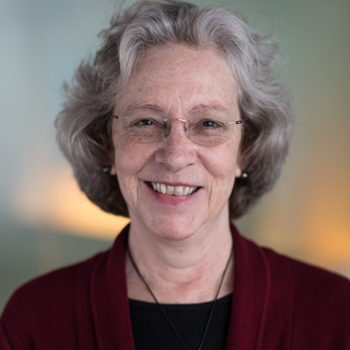
With Aimana, I have only visited the hospital once for fever and this is because I decided to exclusively breastfeed her.
– Khadija Hassan
Khadija Hassan is a mother of six and she can tell you from experience that the most difficult age for her has been the first six months.
With her first five children, Khadija typically visited the hospital once a week in those early months to receive treatment for frequent childhood illnesses, visits that cost her nearly $2USD apiece. That’s a lot of money for Khadija, whose only source of income in rural northern Nigeria is grinding pepper for her neighbors. And her husband isn’t much help. He is a carpenter with three other wives and 20 children.
But with her most recent child, seven-month-old Aimana, Khadija was convinced to exclusively breastfeed. And the results were startling.
“With Aimana, I have only visited the hospital once for fever and this is because I decided to exclusively breastfeed her,” Khadija says.
Where Kadija lives, women don’t often practice important maternal and child health care behaviors such as exclusive breastfeeding for the first six months. The predominant belief within this and many communities in northern Nigeria is that a newborn cannot survive only on breastmilk.
The Johns Hopkins Center for Communication Programs’ Breakthrough ACTION-Nigeria project – funded by the United States Agency for International Development (USAID) – is working with local communities and government stakeholders in northern Nigeria to improve the health behaviors of women and children. This includes exclusive breastfeeding, which a pregnant Kadija learned more about through a women’s empowerment group set up by Breakthrough ACTION.
With exclusive breastfeeding, Kadija says, her newborn did not get sick as often as her older children had and appeared healthier and stronger. Based on this success, others in Khadija’s empowerment group have also adopted exclusive breastfeeding.